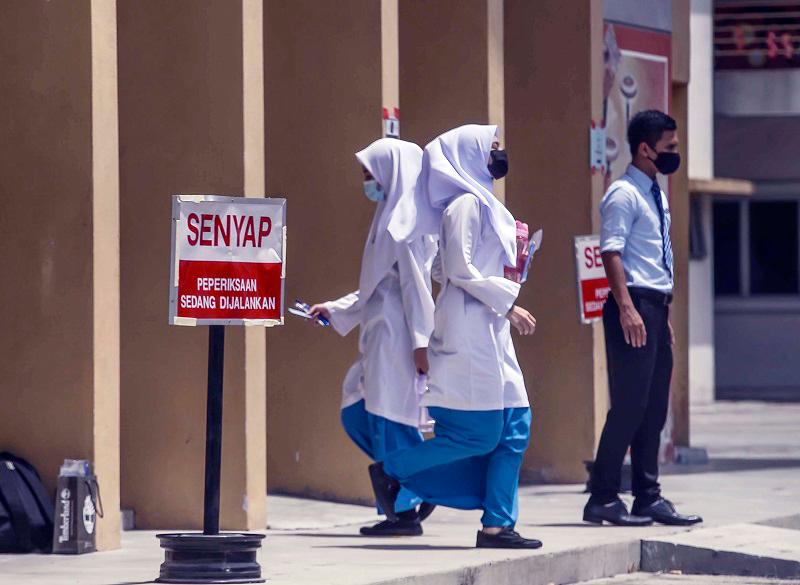PETALING JAYA: More than 900 students in Johor skipped the 2024 Sijil Pelajaran Malaysia (SPM) exams, with some choosing to work in Singapore instead due to higher wages.
Education Minister Fadhlina Sidek previously reported a 97% SPM attendance rate for 2024, meaning about 10,000 students nationwide missed the exam.
State education executive councillor Aznan Tamin said low-skilled jobs across the border have become an attractive option, particularly for students from financially struggling families.
National Association of Private Educational Institutions secretary-general Dr Teh Choon Jin called the trend a red flag, pointing to deeper issues in the education system.
“This isn’t just about the education system itself. It’s about how students perceive its relevance to their futures. If they don’t see a direct benefit in completing school, no policy will keep them engaged,” he said.
While Singapore offers immediate financial relief, Teh warned that these jobs lack long-term stability, career growth and security.
“Without an SPM, let alone tertiary education, these students could end up trapped in
low-paying jobs with no safety net once their physical capabilities decline.
“This is similar to the rising trend of young people choosing social media influencer careers over education. The mindset is the same – why struggle through exams when you
can immediately earn in a stronger currency?”
he said.
To counter this, he urged the government to strengthen vocational training by introducing industry-linked education pathways, such as work-study programmes and apprenticeships.
Teh said private colleges offer alternatives for students who skipped SPM but later wish to continue their studies. However, he stressed that SPM remains crucial as a basic qualification.
“Even with the Accreditation of Prior Experiential Learning route to higher education, SPM is still required as a base. Yet, these pathways are not widely promoted as mainstream options,” he said.
He recommended modernising the education system with competency-based learning and micro-credential programmes, allowing students to progress at their own pace.
“A rigid, exam-centric system alienates students who don’t fit the traditional mould,”
he added.
Teh said Malaysia must make secondary education more appealing by integrating industry-driven subjects, digital skills and real-world applications into the curriculum.
He also called for scholarships and stipends to prevent students from dropping out due to financial hardship.
“If Malaysian salaries remain uncompetitive, students will continue to seek jobs across the border. Long-term solutions are needed to retain young talent in the country.”
Parent Action Group for Education president Datin Noor Azima Abdul Rahim criticised state governments and schools for failing to support financially struggling families, leading to students skipping SPM and leaving for work in Singapore.
“Singapore does not require SPM for many jobs, making it easy for students to drop out. The lure of earning in Singapore dollars is strong, especially for those from poor families,” she said.
While parents may try to persuade their children to continue studying, financial struggles often push them to prioritise immediate income over education.
“The cost of living in Singapore is higher unless they commute daily and without qualifications, career growth is difficult,” she said.
Noor Azima warned that without intervention, Malaysia could face a generation of youth deprived of knowledge and called for stronger support for struggling students and their families.
“If this trend continues, more young people will believe there is nothing to gain from school when they are just trying to survive.”









